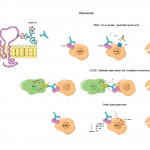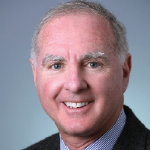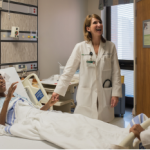SAN DIEGO—The 2017 ACR/ARHP Annual Meeting, Nov. 3–8, presented opportunities to highlight its 2017 legislative advocacy victories, some of which were resolved just weeks before the conference began, as well as issues that are still outstanding. In the session, Legislative & Regulatory Update 2017, Angus Worthing, MD, chair of the ACR’s Government Advocacy Committee and…








